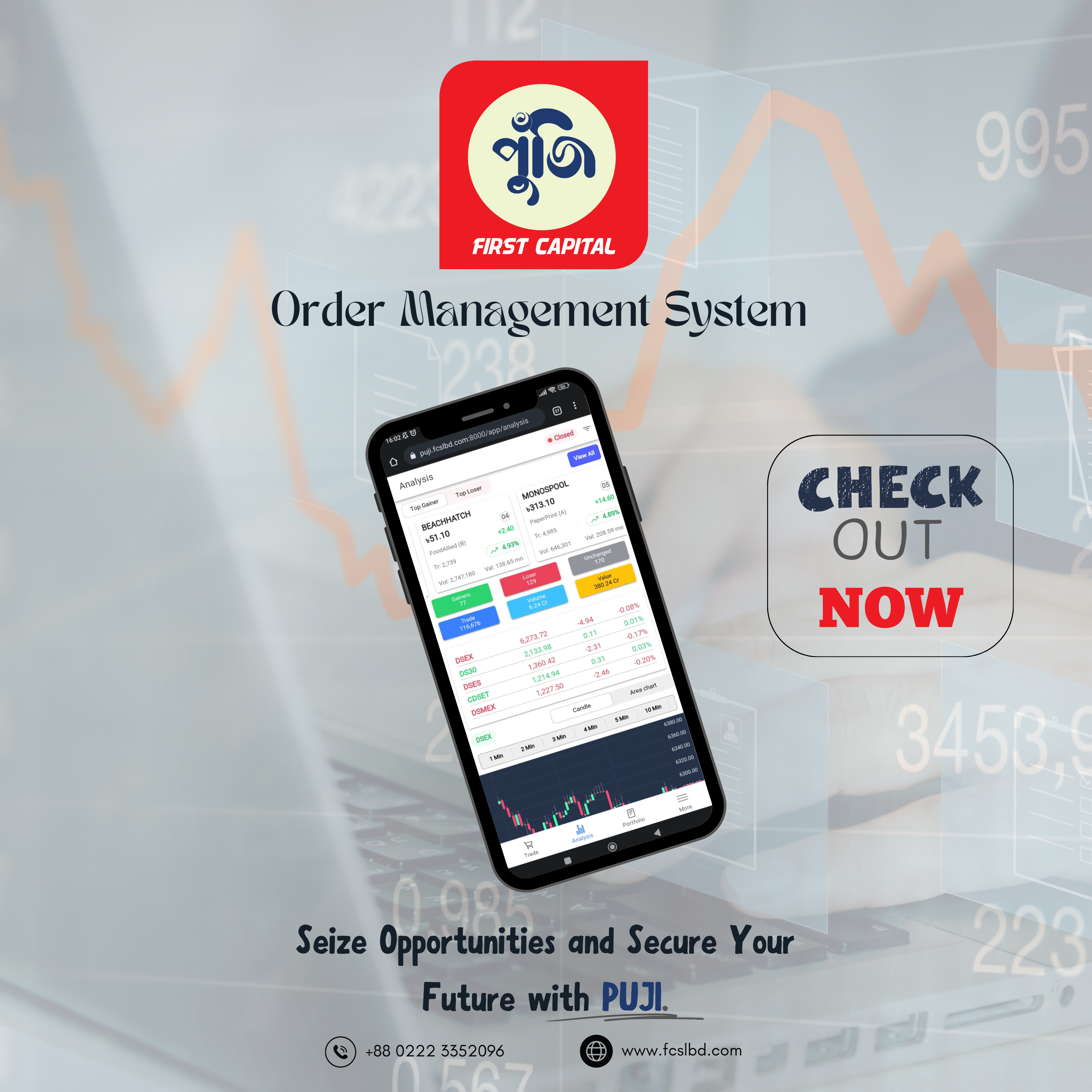Bangladesh has climbed up seven spots to reach 116th place among 176 countries ranked in the 2024 Index of Economic Freedom, released by The Heritage Foundation on Monday.
Bangladesh also ranked as the second most economically free nation in the 2024 index in South Asia – only behind Bhutan.
The country’s economic freedom score, however, remains unchanged at 54.4 out of 100 in the 2024 index, the same as last year when it was ranked 123rd.
The climb comes owing to other countries underperforming.
The index defines economic freedom as individual autonomy: the freedom of choice that individuals enjoy in acquiring and using economic goods and resources.
“The underlying assumption of those who favour economic freedom is that individuals know their own needs and desires best and that a self-directed life, guided by one’s own philosophies and priorities rather than those of a government or technocratic elite, is the foundation of a fulfilling existence,” the report said.
This year, Bangladesh ranked 25th out of 39 countries in the Asia-Pacific region as the country’s economic freedom score is lower than the world average of 58.6 and regional average of 57.4.
Furthermore, Bangladesh’s economy consistently has been considered “mostly unfree” since 2010.
The Heritage Foundation’s 2024 edition marks the 30th anniversary of the index.
Regarding Bangladesh it states, “The foundations of economic freedom remain fragile. Corruption and judicial inefficiency undermine the rule of law, and structural problems and weak governance constrain development.
“Policies needed to sustain open markets are undercut by government interference in the economy. The many obstacles to business include poor infrastructure, unreliable electricity, inaccessible financing, and a bloated bureaucracy.”
The report also said, “Labour laws are not enforced well. Inflation and rising fuel prices have sparked popular discontent. The underdeveloped financial sector impedes investment and the growth of a more dynamic private sector.”
Launched in 1995, the index evaluates countries in four broad policy areas that affect economic freedom: rule of law, government size, regulatory efficiency, and open markets.
There are 12 specific categories – property rights, judicial effectiveness, government integrity, tax burden, government spending, fiscal health, business freedom, labour freedom, monetary freedom, trade freedom, investment freedom, and financial freedom. Scores in these categories are averaged to create an overall economic freedom score.
Singapore held its position as the world’s most-free economy, followed closely by Switzerland at second, and Ireland (3), Taiwan (4), and newly elevated Luxembourg (5).
North Korea, Cuba, Venezuela, Sudan, and Zimbabwe remained the world’s least economically free nations.
Bangladesh remains 2nd most economically free nation in S Asia
Once again, Bangladesh has been ranked the second most economically free nation in the 2024 index in South Asia – only behind Bhutan and marching ahead of others including India, Nepal, Pakistan, Sri Lanka and the Maldives.
Bhutan at the 108th, ranked as the best in the region even after dropping 18 notches in the global rankings from 90th position in the previous year. The country’s freedom score decreased by 3.6 points from last year to 55.4 in 2024.
India stands at third in the region and 126th globally with a score of 52.9. It is followed by Nepal which scored 52.1 and placed 130th globally.
All of the top four economies in South Asia are considered “mostly unfree” according to the 2024 Index.
In the economically “repressed” category, the Maldives, Sri Lanka and Pakistan, placed at 157th, 149th, and 147th positions respectively, were far behind Bangladesh in the global ranking on economic freedom.
source: tbsnews.net
bangladesh freedom notches index score




